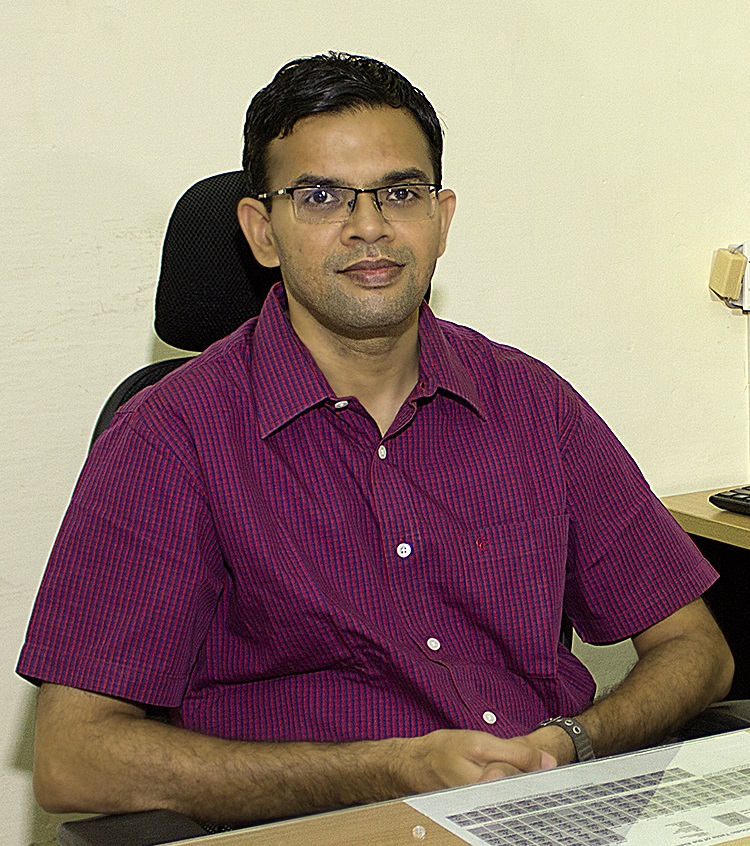This is a four week course, which deals with the various steps involved in integrated circuit fabrication, starting with quartz (silica), which is the raw material for making silicon wafers. The course contents are divided into four weeks as per the plan below.
Week 1: Introduction and overview of semiconductor device fabrication
Week 2: Fabrication operations: Oxidation, doping, and lithography
Week 3: Fabrication processes: etching and growth. Process evaluation
Week 4: Process yield, clean room design, and IC logic and packaging
Lectures videos are available for each week and there will be an assignment at the end of the week. There will also be a summary PPT for each week.
Along with this, optional additional reading material will also be available. Some of the alternate fabrication techniques, especially printed electronics, will be included in this reading material.

DOWNLOAD APP
FOLLOW US